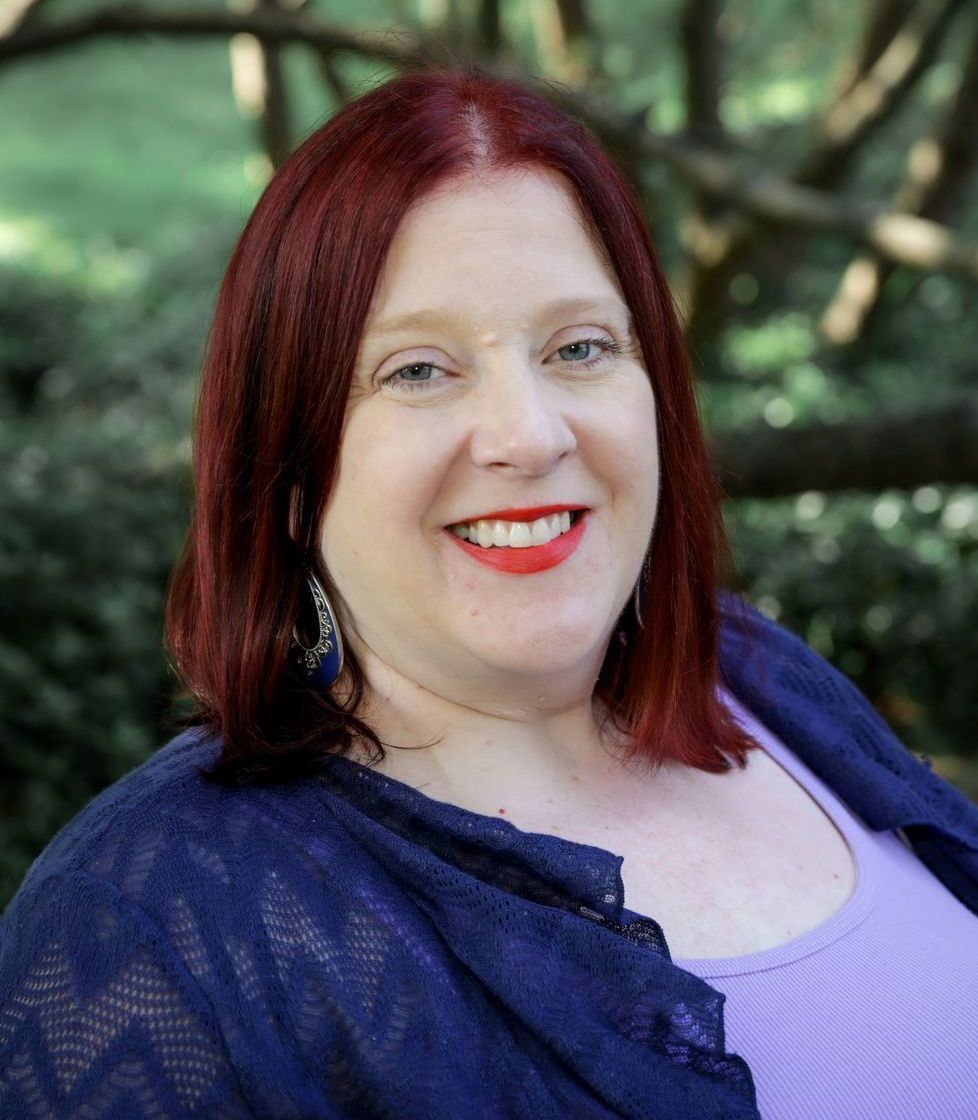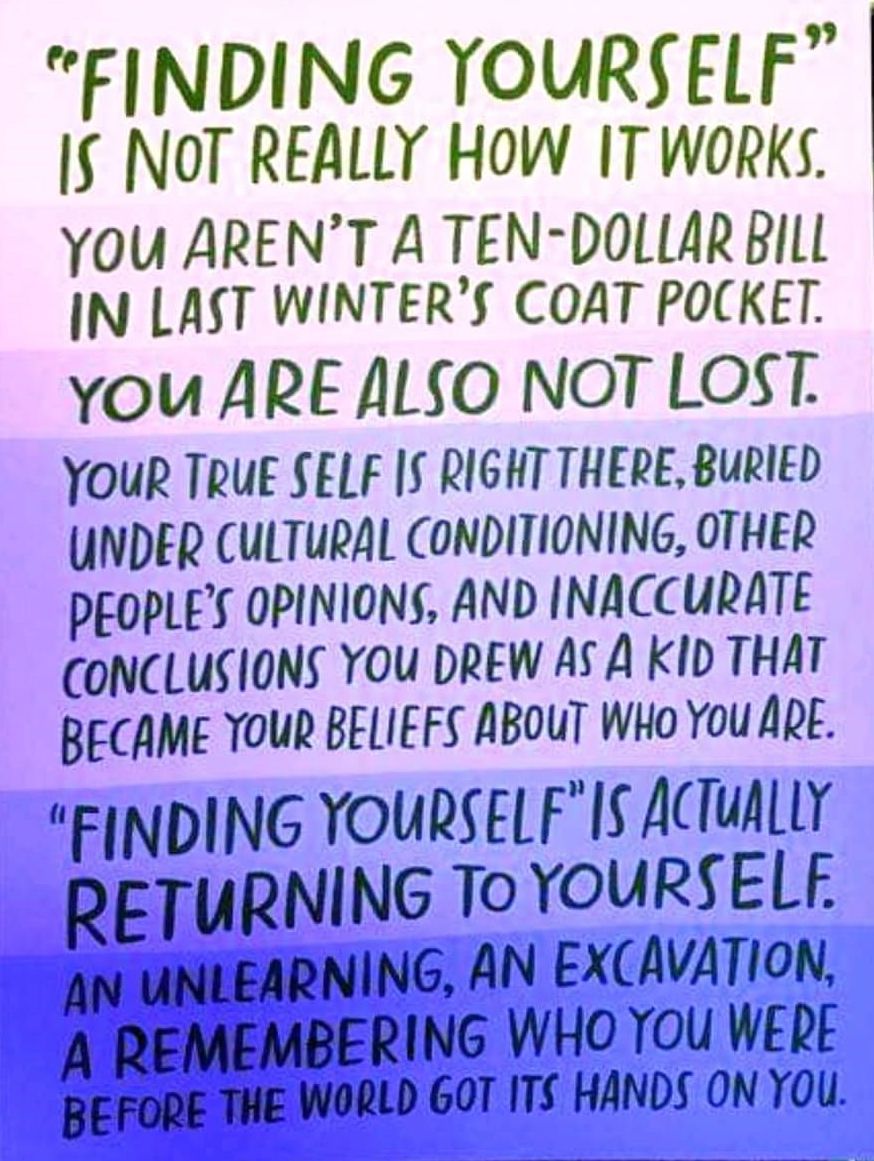THERAPY FOR GRIEF & LIFE TRANSITIONS IN ROCHESTER + ONLINE ACROSS NEW YORK
The support you need to find your way through this new season of life.
There are some things in life you just can’t plan for—and now, in the aftermath, you don’t even know where to start with picking up the pieces.
Maybe you…
- Are facing a big change—like a breakup, long-distance move, career shift, empty nest, or loss of a pet or loved one—and aren’t sure how to handle it
- Feel alone in this time of transition, like no one truly gets what you’re going through
- Are navigating adult life after high school or college and aren’t sure how to choose the “right” path forward
- Second-guess yourself and worry about everything that could go wrong so much that making decisions feels impossible
- Are feeling stuck and overwhelmed by everything required just so “regular” life can to go on
- Feel weighed down by conflicting emotions and don’t know how to sort through them
There’s always a grieving period when change occurs
Let’s hold space for the emotions & navigate this time together.
Through specialized therapy for grief & life transitions you can…
- Make decisions with more confidence — Learn how to problem-solve, trust yourself, and choose a path that feels right for you.
- Challenge unhelpful thoughts — Start noticing which of the stories you tell yourself no longer serve you and learn how to rewrite them.
- Build self-confidence — Gain a deeper understanding of your strengths and learn to believe in yourself, even when things feel uncertain.
- Express your feelings more easily — Get more comfortable identifying what you’re feeling and finding the words to say it out loud.
- Ask for help when you need it — Learn to recognize who you can lean on and feel more confident reaching out for support.
- Accept yourself as you are, where you are —
Let go of the pressure to do everything “right” and make sense of your emotions in this transitional period.
There is a future where you feel whole again.
FREQUENTLY ASKED QUESTIONS
How long can grief last?
Grief doesn’t follow a set timeline—it’s different for everyone. It can last weeks, months, or even years, with waves that come and go unexpectedly. Sometimes it feels like you’re moving forward, and other times it can feel just as raw as day one. Therapy provides a safe space to navigate these ups and downs and find ways to carry the loss while continuing to live.
How does grief affect the brain?
Grief can make it hard to focus, remember things, or even feel like yourself. It can trigger stress responses that leave you feeling exhausted, anxious, or numb. These changes are your brain’s way of processing a deep loss. Therapy helps you understand these effects and find ways to cope and heal.
What are the stages of grief?
Grief is often described in stages—denial, anger, bargaining, depression, and acceptance—but they don’t always happen in order, and you might revisit them at different times. It’s not a linear process, you can feel a mix of emotions all at once. What matters most is allowing yourself to grieve in your own way. Therapy supports you through this journey, helping you process each feeling as it comes.
Why is change so hard?
Change feels hard because it pulls you out of your comfort zone, even when it’s for the better. It often comes with uncertainty, fear of the unknown, or a sense of loss for what was familiar. Your mind craves stability, so adjusting to something new can feel unsettling. Whatever stage of change you are in (precontemplation, contemplation, preparation, action, maintenance) therapy helps you navigate these feelings, find resilience, and embrace change with more confidence.


